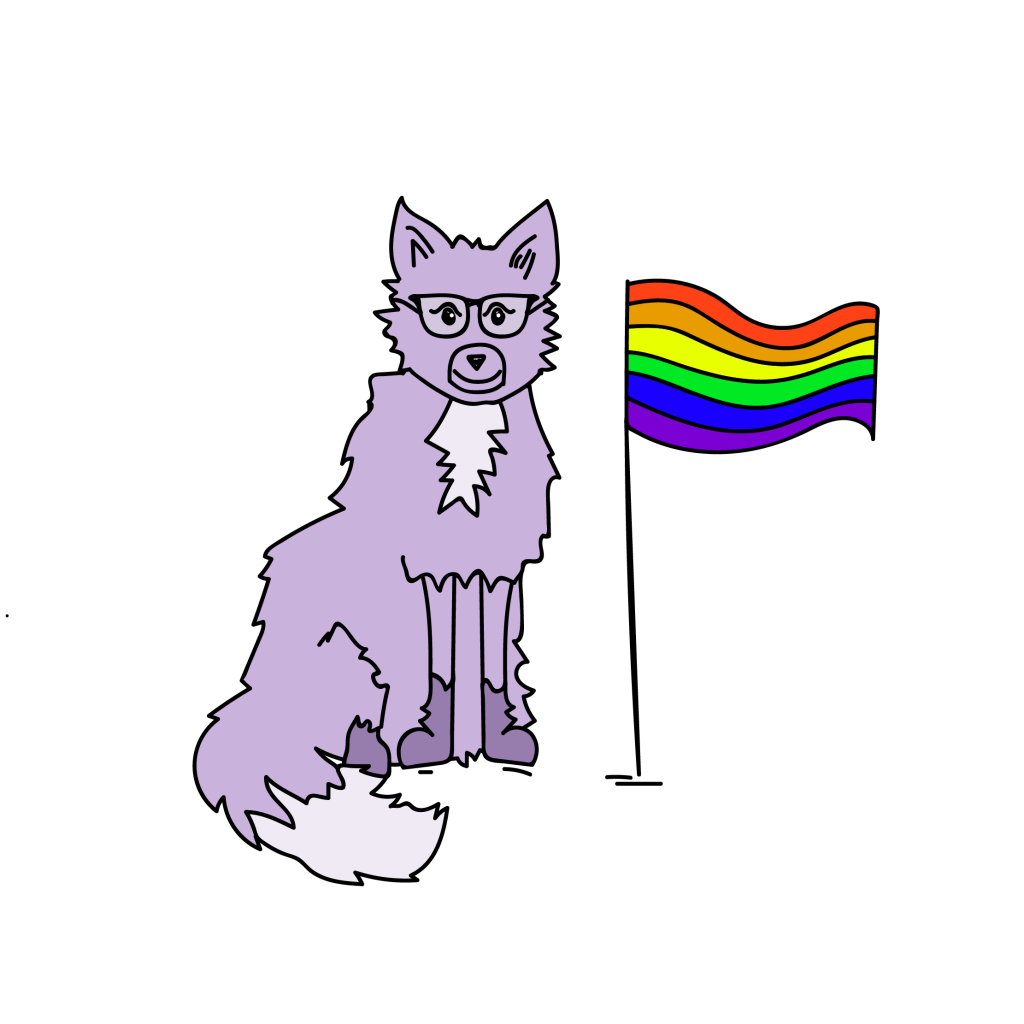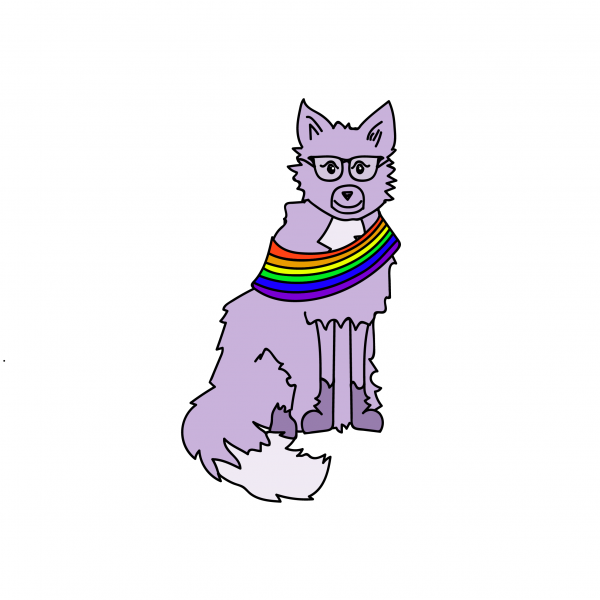
A look at the value of PRIDE and advocacy & education groups
It’s PRIDE week in the City of Vancouver, and PRIDE season in many areas of our country. The Vancouver Pride Society is a main actor behind this week’s festivities, but there are myriad groups involved in not only this weekend but also year round queer advocacy, education and other activities and services.
We asked a few leaders in the LGBTQ2S community to help us take a deeper look into how both big public events and the ongoing work of non profits in our community help to move and evolve the conversation about equality, inclusivity and rights forward.
LGBTQ2S stands for for lesbian, gay, bisexual, transgender, transsexual, queer, questioning, and two spirited. Want more word help? Check out this Queer Glossary published by QMUNITY.
Importance of non profits to queer and all social justice issues
A key theme we found was that non profits can be an effective platform or voice for many in the LGBTQ2S community and a vehicle for addressing the systemic issues and challenges the community may face. Dara Parker, cofounder of Lezervations and former executive director of QMUNITY, put it succinctly:
Sexual orientation and gender identity are two core elements that inform our experience of the world, and unfortunately are often provoke discrimination. Our right to exist is a fundamental human right, regardless of our gender and sexuality. LGBTQ2S non profits are a critical voice in advocating for these rights.
The fact that non profits are not driven by financial gain is an important consideration when addressing or advocating on behalf of marginalized populations. Andy Holmes, Director at Large with Our City of Colours thinks tht it’s important that non profits are operating in LGBTQ2S spaces because, “so often queer lives, as well as people of colour, face discrimination in marketing, where revenue is the goal, and that revenue relies on heteronormativity and whiteness. When organizations try to market products, for example, queer lives, and non-whiteness don’t sell as well.” Andy went on to observe that,
It’s important to have non profit organizations that recognize so much of discrimination is perpetuated by larger economic forces that shape which identities are seen as “appropriate” to market to an audience to make money.
The Role of PRIDE
“Visibility cannot be overstated. The Pride season makes what can often feel invisible, visible – it is a catalyst for conversation and action, and a radical act of love.” – Dara Parker
PRIDE is an opportunity for self expression in a world that often assumes everyone is straight and cisgendered. It’s a time to celebrate but also reflect and keep opening up the conversation to new people and broadening the arena of inclusivity. PRIDE is important not only for queer related issues, but also to many others that intersect with it and are at the core of an ever evolving search for social justice and equality. Andy Holmes summarizes:
To [Our City of Colours], Pride as a positive impact for the LGBTQ2S community requires the recognition that politics continue to matter – where some queer people who also happen to have racialized identities still face police brutality. Intersectionality matters in pride, because there should be pride in advancing social change for the LGBTQ2S movement that is inherently intertwined with challenging racism and classism. Pride is the recognition that as a movement, LGBTQ2S rights go hand-in-hand with a larger discussion around how societal discrimination transgresses not just queerness, but also the realms of other marginal identities that face discrimination under the same systems of oppression.”
The value of creating inclusive & safer spaces
Dara Parker also talked about the importance of listening and learning: “There needs to be a commitment towards working on allyship, which is a journey, and never a destination. It’s so hard to know what we don’t know, but we’re fortunate to have an incredible volume of accessible content via movies, articles, books and organizations like QMUNITY.”
There are many ways you can learn more about and contribute to the journey of inclusivity and allyship.
Sign up for a workshop or training session, attend an event, find a volunteer opportunity and donate to a non profit. It’s also important to do your homework: make an effort to learn and do research and, when you do have questions make sure you’re asking them in an open and inquisitive way without making assumptions or presumptions.
Here are a few of the many fabulous queer organizations, non profits & charities offering services throughout the province:
- Vancouver Pride Society
- QMUNITY
- Our City of Colours
- Lezervations
- Foundation of Hope
- Vancouver Queer Film Festival
Thank you so much to everyone who was able to contribute quotes and comments for this blog post. We sincerely appreciate your time, insights and knowledge on how non profits can support the LGBTQ2S community. Have a wonderful PRIDE week!
